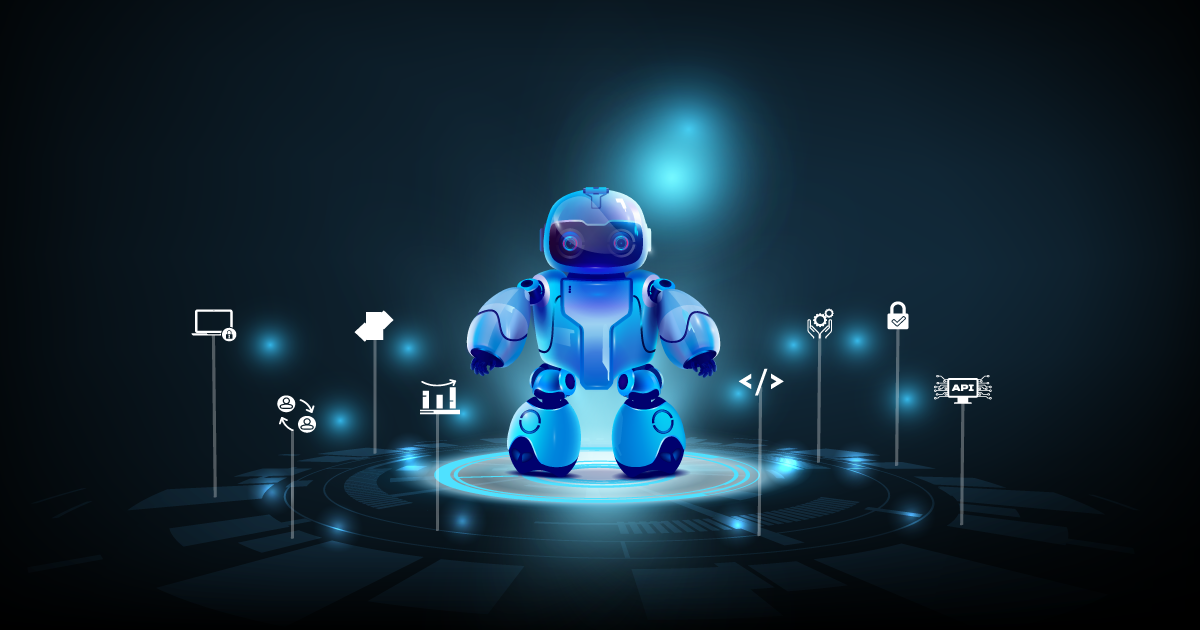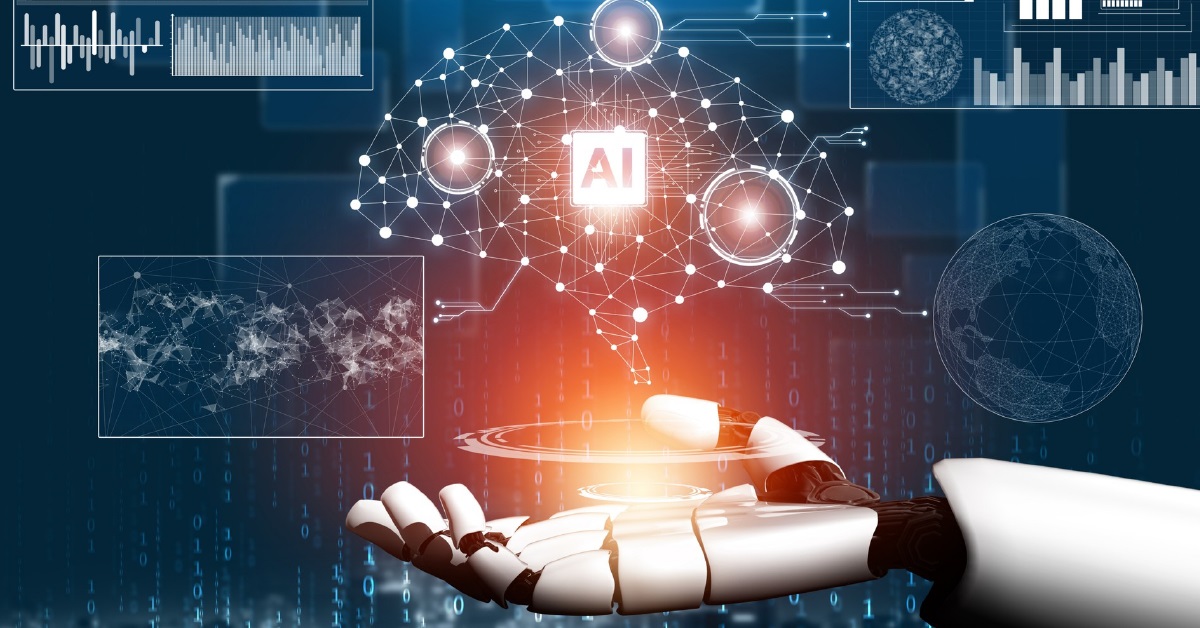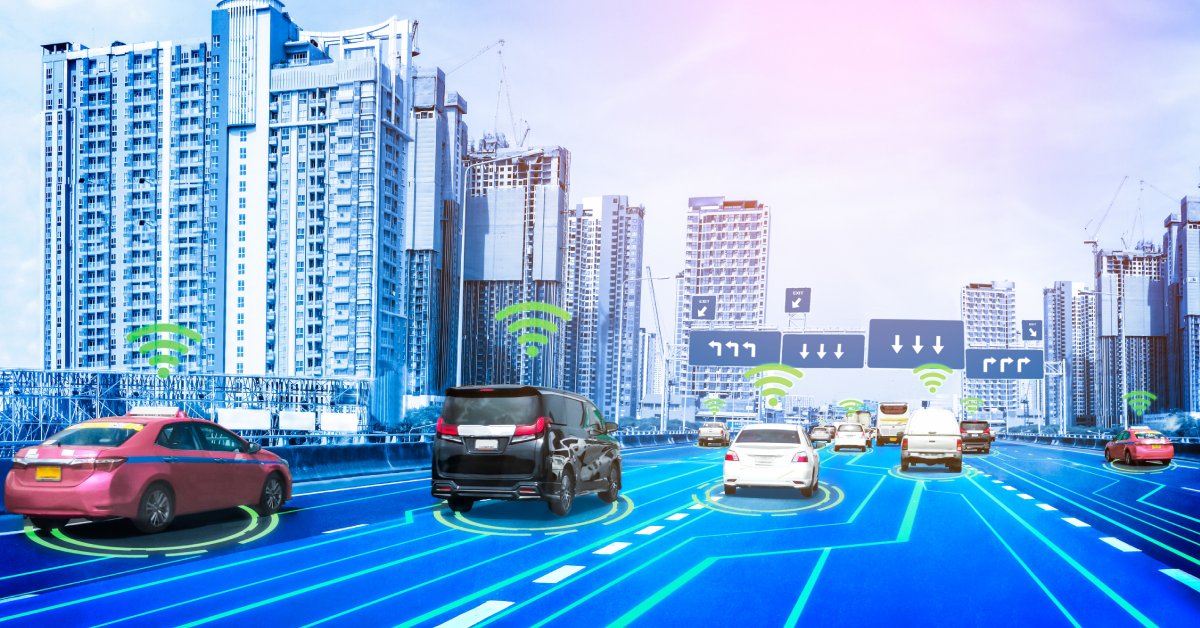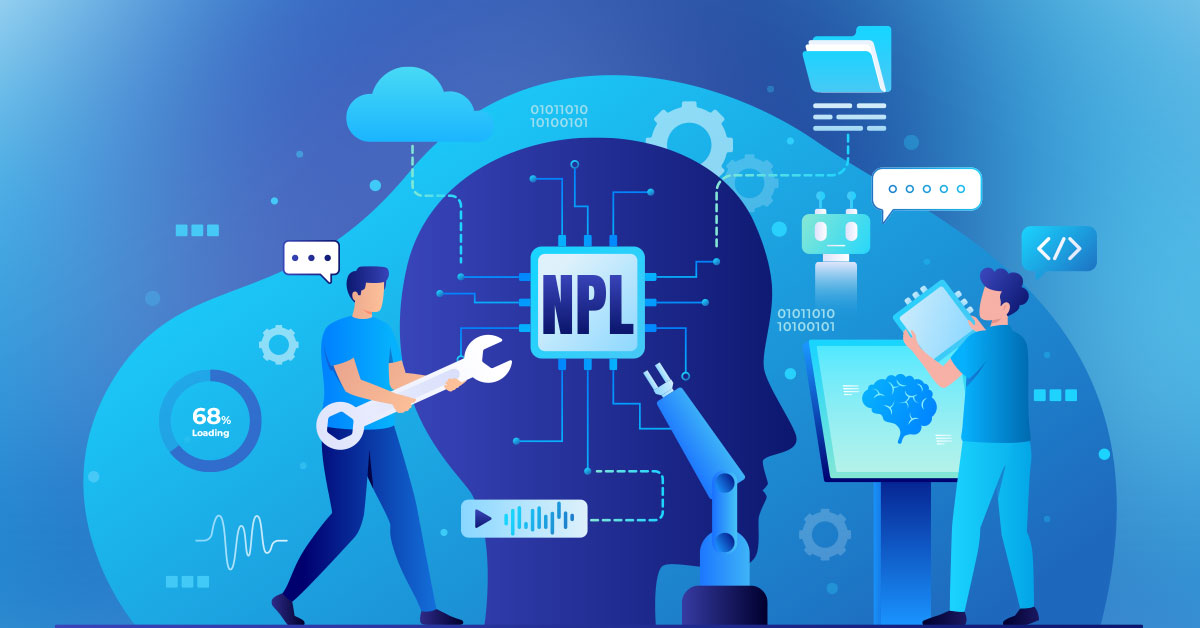AI for Marketing Success: Use Cases, Benefits, and Forecasts

5 min read
Marketing is one of the industries that is being revolutionized by the good use of artificial intelligence and its benefits cannot be underestimated. Customers expect unique treatment, forecasts, and improvements to campaigns, all of which are enhanced by technology for marketers.
Here we will outline some of the most popular examples of AI for marketing success, top advantages for businesses, and AI trends in marketing to come. Keep exploring!
In Marketing, What Does Artificial Intelligence Mean?
AI in marketing could therefore be defined as the application of artificial intelligence technologies into various marketing procedures and adverts. This involves tasks such as machine learning, deep learning, natural language processing, etc. Marketing AI solutions acquire knowledge from the data, gain insights into consumer behaviors, reduce manual efforts, and work towards providing insights to help in decision-making.
Did You Know? According to the statistics, the market size of the application of AI-driven marketing was $15.84 billion in the year 2021. The source estimated it would reach a value of more than $107.5 billion by 2028.
AI in Marketing: Use Cases and How They Can Help
AI marketing brings about better ways of operating and managing the outcomes in every aspect right from research, campaign development, optimization, and evaluation. Specifically, a few key use cases where AI delivers a major impact include:
1.Content Creation & Optimization
AI can use the specifics and preferences of customers to evaluate the best content samples. It can also increase the effectiveness of content already published as blog posts or newsletters, for instance. For instance, AI marketing tools such as ClickFlow and Post Intelligence use AI to help identify the best headlines, calls to action, post timings, and other factors based on past performance information.
2. Personalization
AI marketing underpins the hyper-personalization of appeals by employing individual-level predictive models. It can offer product recommendations, promote content based on user preferences, can also adjust calls to action, and even adjust the site structure based on the visitor. For instance, Optimove and Evergage are some of the AI marketing tools that allow for specific one-to-one personalization due to AI.
3. Ad Targeting & Optimization
For paid media, AI-driven marketing enhances the targeting, bidding, and budget, as well as creativity in real-time for search and social media, in a bid to enhance TAC and ROI. Several applications rely on artificial intelligence to optimize the various performance metrics, and therefore refine campaigns with the target audience in mind, and the cost per acquisition.
4. Content Curation
Through high-tech algorithms, marketing AI solutions can instantly search through millions of sources on the web to find and present industry information, which can be used for content creation and social media sharing. Another valuable feature is that companies apply artificial intelligence to enhance online research, track brand mentions, and find shares that are relevant to the user, and so on.
5. Predictive Analytics
Fundamentally, AI is identifying patterns in data to produce reliable estimates. We also see that marketing AI generates predictive customer lifetime value, buying propensity, churn, product purchase behavior, media mix, wins/losses versus competitors, etc., for planning. AI marketing tools such as ThoughtSpot and Radius Intelligence bake in advanced AI capabilities that underpin next-gen insight
If applied correctly AI-driven marketing creates a flywheel that only improves over time. The algorithms that operate these systems get better at analyzing behavioral data as they process more and more of it, which gives consumers a keener edge.
Why is AI so Important to Marketing Ops?
From the above applications, we can deduce that AI has spread its wings into almost every sphere of contemporary marketing. Several key business benefits drive this ubiquitous integration, unlocking greater success:
Time-saving
AI helps automate repetitive and time-consuming tasks such as data entry, reporting, and campaign setup. This is time-saving to an extent and allows marketers to concentrate on more important things.
Prediction
Through marketing automation with AI, data can be analyzed, and even patterns that may not be easily identifiable to human beings can be identified. This leads to early detection of trends, difficulties, and opportunities.
Adaptation
AI algorithms can experiment with various aspects of the marketing campaign, such as the message, the offer, and even the site design to enhance its efficiency. As a result, aspects such as A/B testing can be automated.
Personalization
AI-driven marketing helps in creating personalized advertising campaigns and product placement by studying the patterns and trends of the target audiences. They also help expand the conversion rate and the overall income.
Intelligence
AI helps businesses analyze large datasets and generate various insights such as customer information and competitors’ activities, which may not be feasible to extract manually. It has a strategic intelligence that can assist in improved decision-making.
The opportunities for implementing AI marketing capabilities are highly beneficial for marketing ops teams. It helps them leverage the overall efforts, time, and money put into marketing while improving the results.
Brands that Adopted AI for Marketing Purposes
Mentioned below are three interesting real-life case studies of companies successfully using AI for marketing
Netflix
Netflix, a streaming giant, adapts AI and machine learning to offer each of its users the most relevant videos. This makes users active on the platform and in a constant search for other content that they find interesting. Their well-publicized recommendation engine is said to be worth $1 billion to Netflix annually since it keeps subscribers who otherwise would have discontinued using the service.
Spotify
Like Netflix, Spotify utilizes artificial intelligence to analyze the customers’ listening patterns and recommend related music. This has enabled Spotify to be in a position to be able to recommend content to people and thus they have been expanding at a very fast rate to have more than 200 million users. Many listeners have varied tastes and this is where AI has proven useful to Spotify in learning about its users.
Coca-Cola
With the help of AI, Coca-Cola was able to get a detailed review of their marketing data available for years compiling their campaigns, spending, engagement, etc. Analyzing it, AI technology generated the best marketing mix and strategies for Coca-Cola. Therefore, Coca-Cola was able to maximize the marketing budget allocation, improving its efficiency by 10-20% besides the aspect of sales.
Some of the key themes in these examples are the uses of AI in personalization, prudent use of spending and resources, and enhancing the usage experience customers have with the associated products in the future. They show how various brands around the world have already been gaining tangible ROI on integrated AI marketing techniques.
AI for Marketing Success: The Road Map Beyond!
As was evident from the above discussions, AI is already providing significant value in most marketing undertakings today. First, the application of AI technologies such as machine learning helps in getting more profound consumer insights since it can process vast quantities of data coming from different sources. This will reveal complex patterns which will allow for significantly higher degrees of segmentation and specific marketing.
Second, it also helps cut down and rationalize the marketing processes with the use of artificial intelligence. The processes for activities such as content generation, lead cultivation, answering customers’ inquiries, media acquisition, and others will become completely autonomous and self-adjusting. AI relevance shall also increase and become even more critical for marketing success in the next decade.
This research indicates that current market trends predict 85% of marketing processes will be AI-driven by 2025, and 80% of basic customer relations will be AI-based. Marketing automation with AI will train and adapt themselves autonomously to perform various tasks while requiring minimal intervention from marketers, and enable marketers to achieve more with fewer people.
Smartphones, chatbots, headsets, wearables, connected devices, robots, and other cutting-edge technologies will turn on AI to connect with customers in ways that have been unimaginable before. However, with this AI also allowing consumers to block out useless ads and brands, marketers not using AI for super-relevant advertising may disappear into the twilight.
As an outcome, the next few years will be the time when AI marketing will define the winners – those will be relevant to customers – and losers, who will disappear into the abyss of irrelevance.
Conclusion
The application of AI for marketing is no longer a mere fad. It is revolutionizing how business entities and consumers engage with one another at its core. Through integrating AI, marketers can fulfill their needs involving customers and perform the selected strategies more effectively to achieve their aims than ever before. In short, it can be said that it fosters a more interconnected and sustainable world that is focused on people’s needs.
Published: July 19th, 2024





